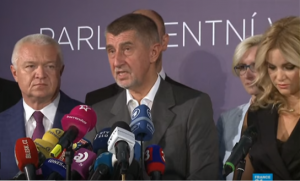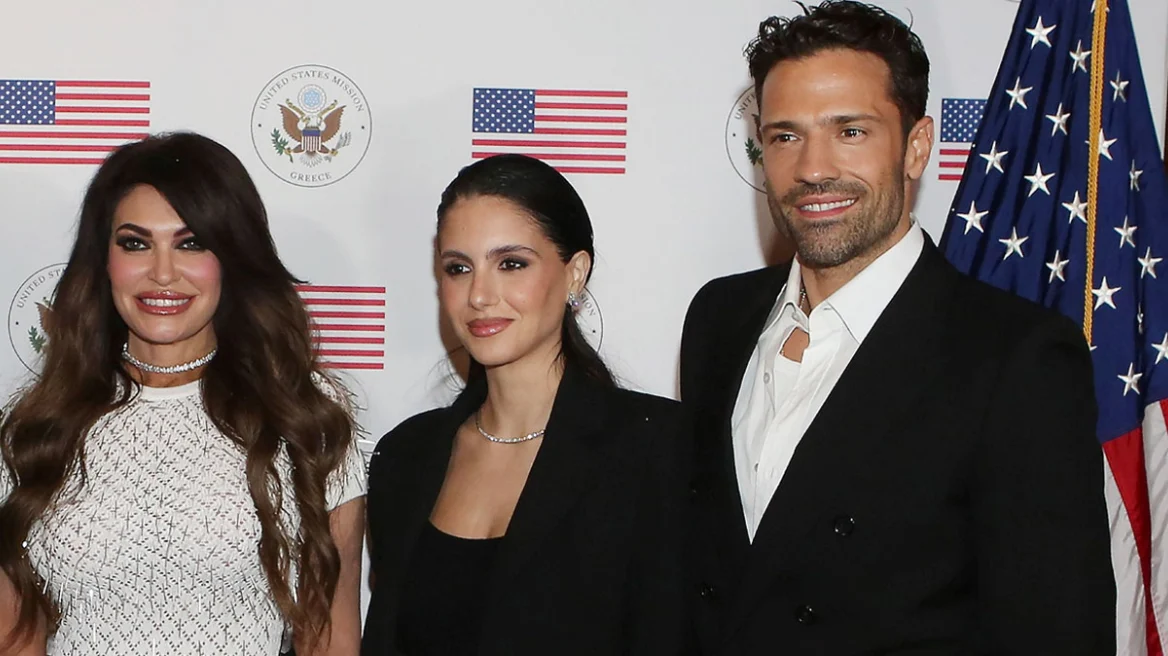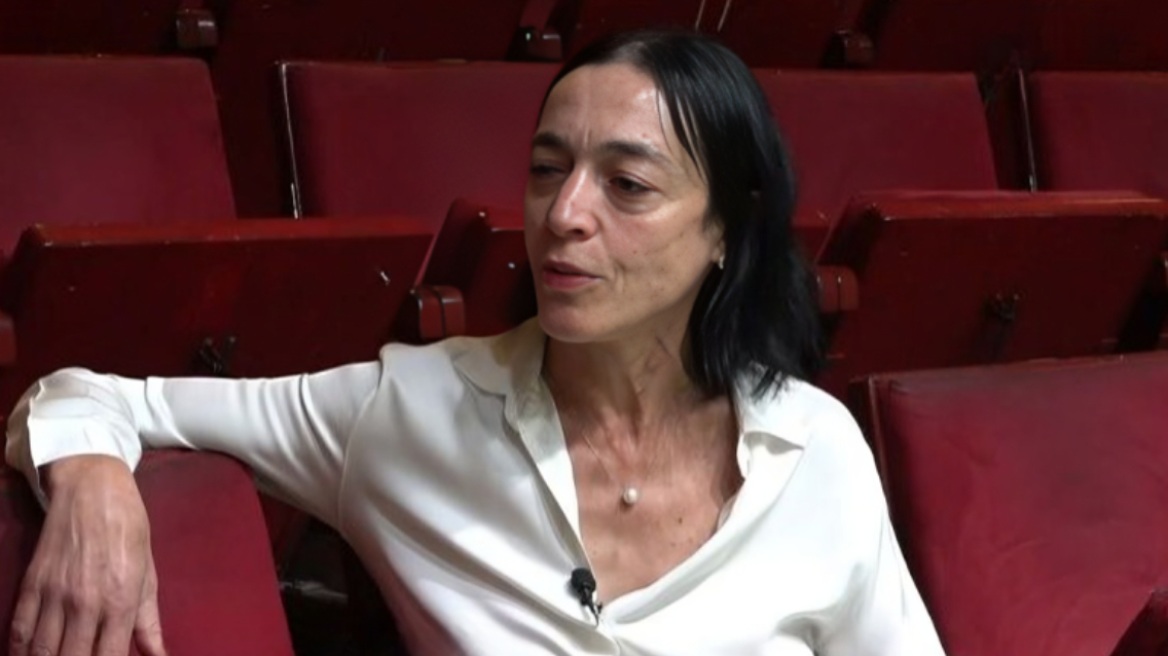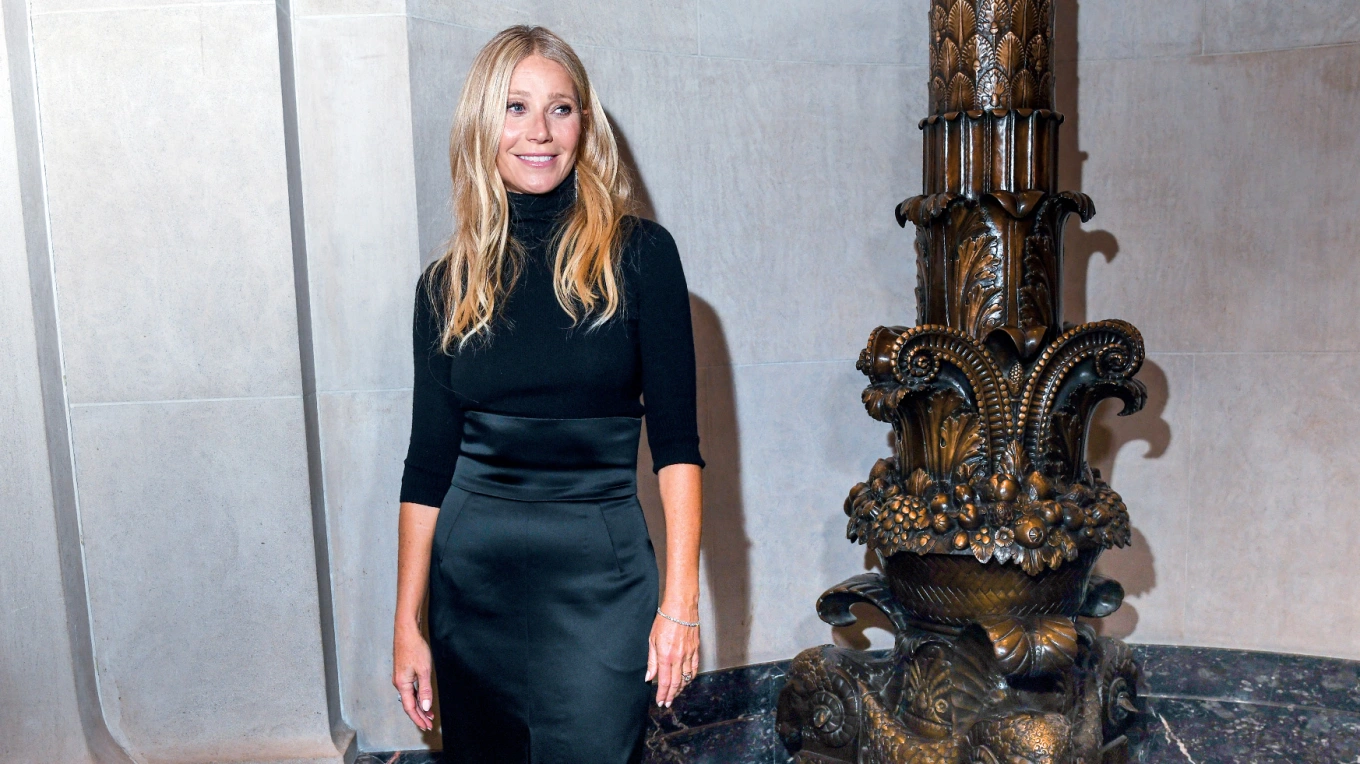Rich, brash and populist, the Czech Republic’s most likely new leader, Andrej Babis, shares many traits with US President Donald Trump, including also his aversion to immigration. The businessman-turned-politician now has Brussels on its toes.
On Saturday, Babis’ ANO (Action for Dissatisfied Citizens party) took home a landslide victory in the Czech general elections with 29.6 percent of the votes, handing it 78 seats in the 200-seat lower house of parliament. Although the ANO didn’t win a majority, and will now have to form a coalition, the eastern European nation of 10.6 million is by many accounts now expected to shift to the Eurosceptic right.
“It’s a huge success,” the 63-year-old Slovakian-born Babis told crowds of supporters and journalists after the win.
Babis, the second-richest man in the country with an estimated net worth of €3.48 billion, entered Czech politics five years ago when he founded his anti-establishment ANO party “to fight corruption and other ills in the country’s political system” following a string of government scandals.
Vowing to instead run the country like one of his businesses– his empire comprises a huge conglomerate of 230 firms including two major newspapers, a radio station and a television network – Babis then set forth on a political career that earned him the post of finance minister and deputy prime minister under the outgoing Social Democrat coalition between January 2014 and May 2017.
On Sunday, Czech President Milos Zeman announced he would ask Babis to form a government.
Embroiled in scandals
Although the Czech Republic currently enjoys one of the lowest unemployment rates in Europe, at just 3.8 percent, and a healthy economy expected to grow by 3.6 percent this year, Babis’s anti-corruption, anti-immigrant platform and pledges to cut taxes have led to a surge in his popularity. Branded a Eurosceptic, he vehemently opposes Czech membership in the Eurozone and has accused the European Union of trying to limit the country’s national sovereignty by imposing EU-wide rules, such as the European migrant quotas.
Although Babis insists he in no way plans for a “Czexit”, he has stated that the bloc “needs to reflect, to think about why Britain has chosen to leave it and stop talking about a two-speed Europe.”
The billionaire’s election win comes despite him being embroiled in a fair number of scandals himself. In May, he was forced to resign as finance minister after being accused of evading taxes, and earlier this month he was indicted on suspicion of fraud for the illegal distribution of €2 million in EU subsidies a decade ago to set up a hotel and conference centre. Babis denies these allegations.
‘Better businessman than Trump’
Detractors also accuse Babis of being a threat to democracy because of the power and influence that comes from his vast business interests, his authoritative style and his media investments, which they say he has used to try to silence criticism.
When it comes to Russia, Babis not only opposes sanctions but favours even more trade with Moscow.
Babis, who is often likened to US President Trump because of his personal characteristics, views on immigration and integration and his business background, dislikes the association. He says that although they might share the same views on a number of policies, he is a much better businessman than the American leader.
Instead, he prefers being compared with American billionaire Warren Buffet, saying that unlike Trump, he has never been bankrupt, doesn’t “collaborate with the mafia” and doesn’t have extramarital affairs.
Worked since 15
Babis proudly claims he created his powerful business empire on his own, building it up from the ground.
“I worked since age 15, delivered milk, unloaded parcels at the station, did decorating, built weekend houses, all to make money,” he has been quoted as saying.
Babis was born in Bratislava, in former Czechoslovakia, in 1954. His father was a diplomat and a communist and the person who Babis claims “co-founded foreign trade in Slovakia”. Because of the nature of his father’s work, Babis spent much of his youth abroad, attending elementary school in France and high school in Switzerland. He then returned to Bratislava, where he earned himself a degree in economics. After completing his studies, Babis then worked as a sales representative in Morocco between 1985 and 1991. He again returned to his home of Bratislava following the 1989 anti-communist Velvet Revolution, where Babis, a former Communist, found himself unemployed in a country that had been split into two.
Babis is married to Monika, who is 20 years his junior and with whom he has two children. He also has two children from a previous marriage.
Source: france24.com
Ask me anything
Explore related questions





